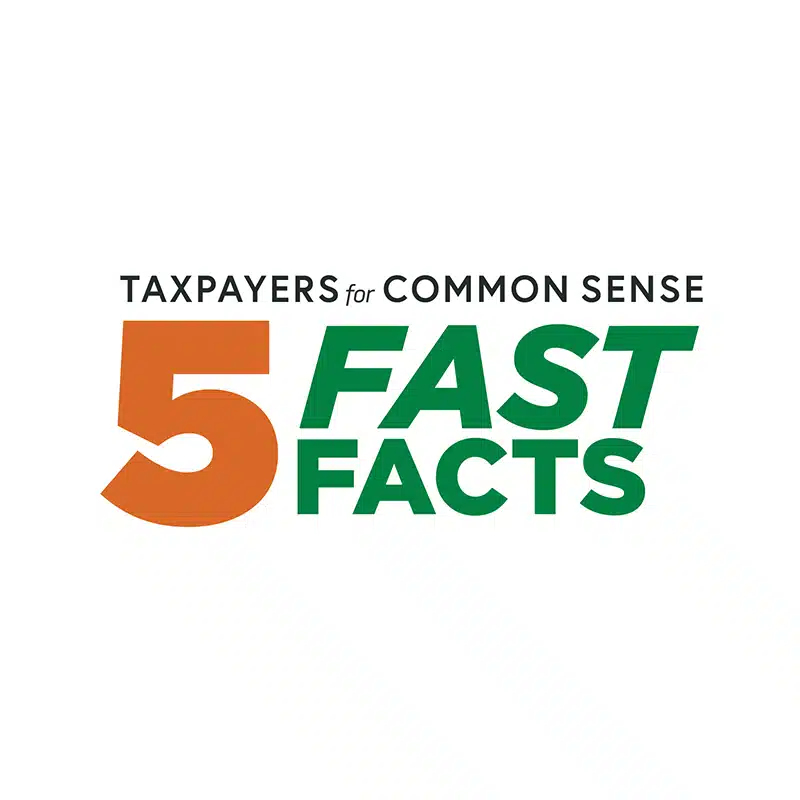When the Tax Policy Center published a study critical of Mitt Romney’s tax plan last week, the Romney campaign’s first attack was not on the study’s findings — it was on the center’s nonpartisan credentials.
Within hours of the study’s publication, the campaign sought to discredit the “liberal Tax Policy Center,” noting that one co-author was a former economic adviser to President Obama and that another had recently advocated a “temporary fiscal stimulus” in an interview with The Washington Post.
The Romney campaign’s pushback highlighted the challenge maintaining an organization’s nonpartisan bona fides in a highly partisan political climate. When a nonpartisan group publishes a harsh critique, its independence is often the first thing under siege, according to Brooks Jackson, director of the nonpartisan FactCheck.org.
“Name calling is very common,” Jackson said. “Somebody tries to discredit you without actually taking on the argument.”
Tax Policy Center director Donald Marron said he was unconcerned by the Romney campaign’s objection to the study because “we didn’t see any substantive counter arguments.”
“Sometimes candidates like what we have to say and say nice things about us,” Marron said. “And sometimes they don’t.”
Romney, it turns out, has done both: Last November, the Romney campaign credited the center, a joint venture of the Brookings Institution and the Urban Institute, with “objective, third-party analysis” when it pointed out flaws in GOP rival Rick Perry’s tax plan during the Republican primary season.
The study co-author who proposed additional government stimulus — labeled a “partisan Democrat” in a Romney campaign e-mail — was William Gale, a staff economist on Republican President George H.W. Bush’s Council of Economic Advisers. Marron himself advised President George W. Bush.
Fair or unfair, perception is important, nonpartisan group directors acknowledge. That’s why FactCheck.org regularly surveys e-mail subscribers about its reputation.
“Ninety percent of them say we play it down the middle,” Jackson said.
But the directors also say they refuse to pander to outside measures of nonpartisanship. They do not hire experts two by two, red and blue, for the sake of appearances.
“Honestly, I don’t even know the party registrations of my staff,” said Ryan Alexander, president of the nonpartisan budget watchdog Taxpayers for Common Sense.
The Center for Responsive Politics, a nonpartisan aggregator and analyzer of campaign finance data, does not focus on party affiliations, either, according to executive director Sheila Krumholz.
“The people who are drawn to work here are passionate about data and research, not political activism,” Krumholz said.
Marron said his group simply seeks “people who will follow the facts wherever the facts lead them.”
“We inevitably pick up people who’ve worked in government under administrations of both parties,” he added.
Being cited by Republicans and Democrats alike — Romney last November, Obama last week — is a strong indicator of neutrality, nonpartisan group directors say.
Being criticized by both sides is almost as telling.
“In the last three months, we’ve been called antitax and left-wing,” Alexander said of Taxpayers for Common Sense.
But producing unbiased reports is not merely a balancing act. At FactCheck.org, for instance, there is no running tally of how many statements by each party have been fact checked.
“That’s not being nonpartisan,” Jackson said. “That’s just producing an artificial balance.”
“I’ve always said that we could be partisan if one party was responsible for all the distortions and the other was completely truthful,” he added. “But my punch line is always, ‘That’s never been a problem for us.’ ”
Taxpayers for Common Sense is sometimes labeled conservative because of its focus on eliminating wasteful government spending — a crusade of the Tea Party movement.
Alexander dismisses the charge, not by claiming an even roster of Republicans and Democrats but by pointing to her group’s longtime opposition to the federal loan guarantee program.
While the program has been a Republican punching bag since solar panel maker Solyndra went bankrupt a year ago, after receiving $528 billion in federal loan guarantees, the program was a favorite target of Democrats during the George W. Bush presidency.
“The politics of the issue have changed, but our position has remained exactly the same,” Alexander said.
Still, there are some set-in-stone rules of nonpartisanship. Taxpayers for Common Sense seeks a balance of Republicans and Democrats on its board of directors, said Alexander, a seven-year board member before she became president in 2006.
The Center for Responsive Politics is funded by foundation grants and individual donations and does not accept money from corporations, labor unions, or trade associations.
FactCheck.org, a project of the Annenberg Public Policy Center at the University of Pennsylvania, enforces similar funding restrictions and did not accept individual contributions until 2010. It now discloses the names of people who donate more than $1,000.
A curious reader could use a Center for Responsive Politics database to research donors to FactCheck.org and discover that among five $1,000 contributors, two donate to Democratic politicians, one gives to Republicans, and two do not give to either party.
For now, Jackson does not worry about donors’ party affiliations because each contributor is responsible for only a tiny fraction of FactCheck.org’s budget.
“But I’d probably have to turn down a huge check from George Soros because he’s such a bogeyman to conservatives,” Jackson joked. “Unless, of course, the [conservative billionaire] Koch brothers offered money too.”











Get Social